Documentary Series
The Influenzer Initiative’s video series highlights critical insights from conversations with leading infectious disease researchers, funders, and policymakers, who examine how recent vaccine breakthroughs could be applied to thwart another—potentially worse—pandemic threat: influenza.
The Latest
S2 Episode 1: Placing Health Atop the World's Investment Agenda
In our latest video and the season premiere of season 2 of the Lessons from Covid-19 series, we tackle the question:
How can the world prevent another pandemic from happening?
Opening the second season of our documentary series, a cast of global health experts describe how the world can build an effective system for pandemic preparedness and response that can avert future catastrophes while strengthening health and economic security for all. “Placing Health Atop the World’s Investment Agenda” features Peter Hotez, Francesco Berlanda Scorza, Maria Elena Bottazzi, Alan Donnelly, Gagandeep Kang, Hatice Küçük, John Nkengasong, and Vivek Shinde.
To learn more, read our latest article accompanying the episode, “A shared commitment to secure our shared future” here: https://bit.ly/3wHNo7k
Episodes
Scientific leaders discuss the future of pandemic vaccine R&D in light of the COVID-19 response.
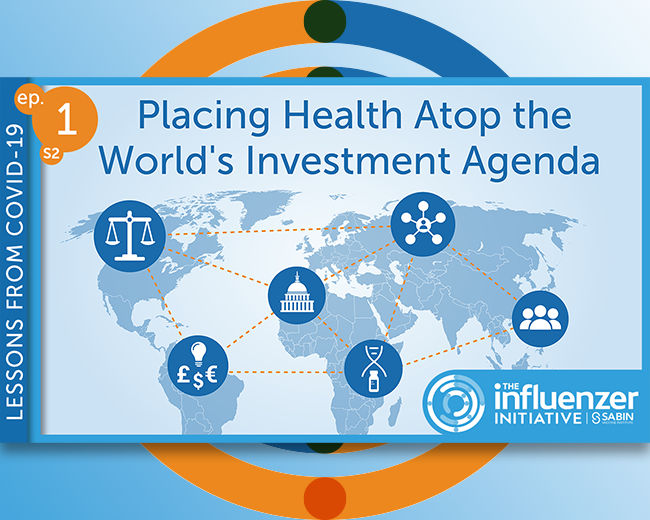
S2 Episode 1: Placing Health Atop the World’s Investment Agenda
Pandemic threats did not begin, nor will they end, with COVID-19. How can the world prevent another such disaster from happening?
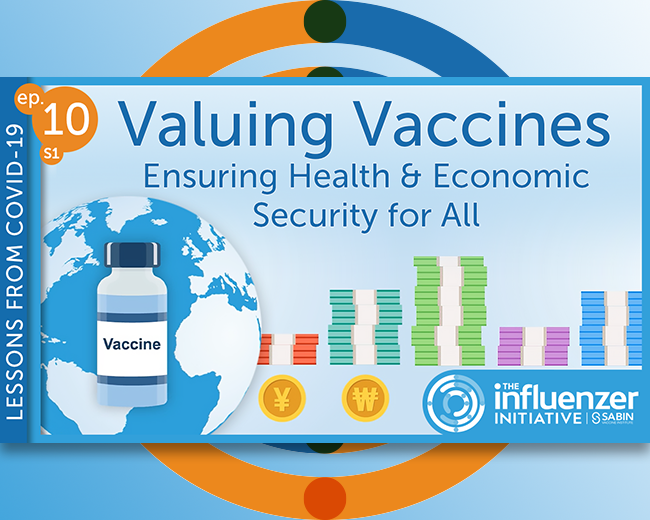
Episode 10: Valuing Vaccines: Ensuring Economic Health and Security for All
Breaking the pandemic cycle and preventing future global health crises requires sustained public and private sector funding in vaccines. In our latest video, learn why we must quantify the value of vaccines to drive these key investments.
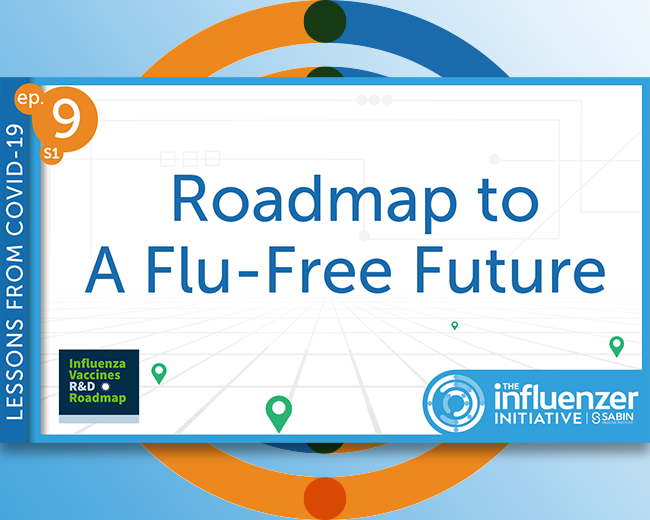
Episode 9: Roadmap to a Flu-Free Future
The Influenza Vaccines R&D Roadmap Initiative: a collaborative effort to reimagine and transform the vaccine research, development, and delivery ecosystem to reduce the seasonal flu burden and protect against pandemic threats.
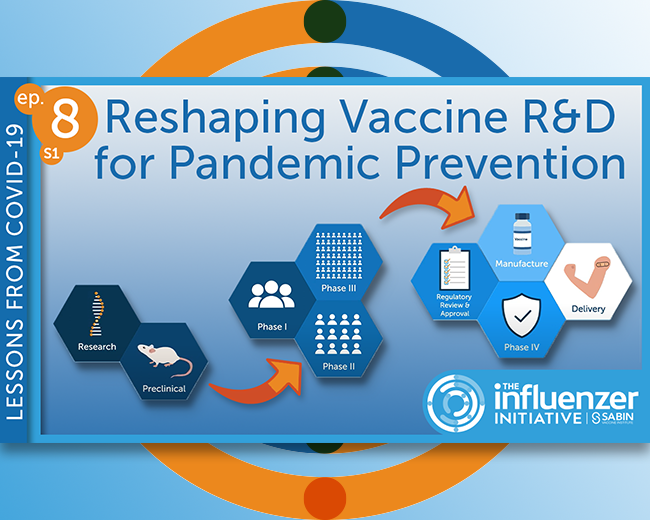
Episode 8: Reshaping Vaccine R&D for Pandemic Prevention
The vaccine R&D community moved quickly to fight the COVID-19 emergency. But can it remake itself in ‘peacetime’ to stop the next pandemic threat?
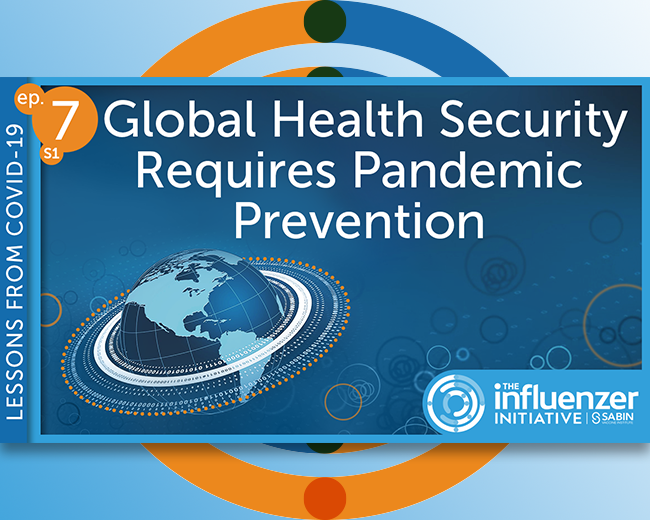
Episode 7: Global Health Security Requires Pandemic Prevention
COVID-19 has cost the world millions of lives and trillions of dollars, and it will not be the last time we face such a threat. But there’s hope, say the diverse and influential experts featured in our seventh documentary episode: it’s within our power to prevent another devastating pandemic. Learn why we must not wait to invest in key pandemic preventions like universal influenza vaccines.
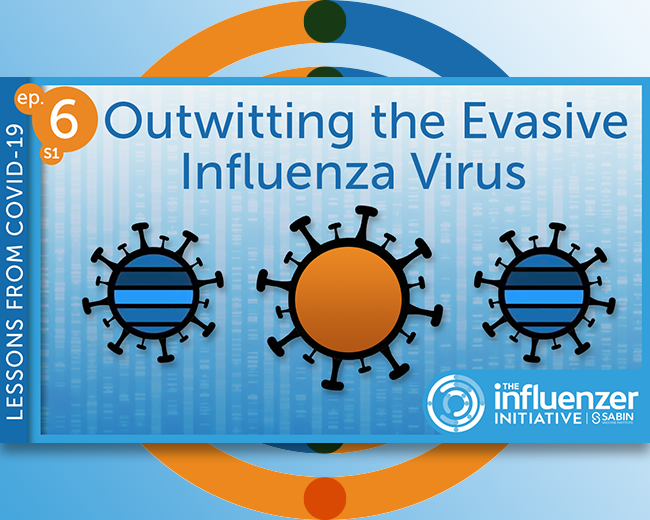
Episode 6: Outwitting the Evasive Influenza Virus
Learn why influenza is the king of viral evolution and the novel solutions required to finally outwit and eliminate this persistent threat.
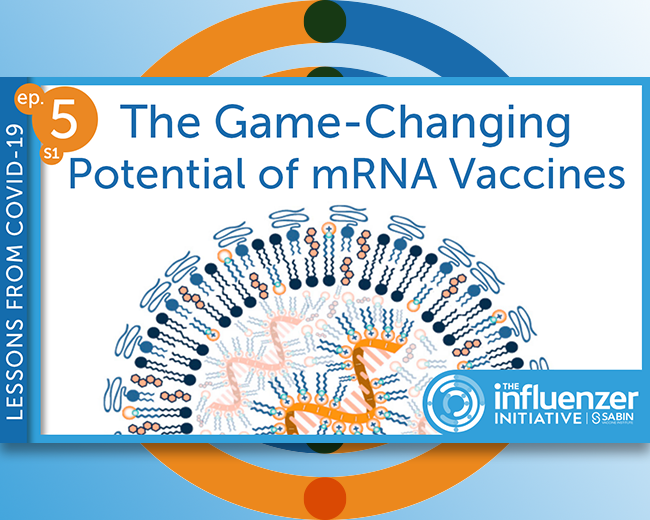
Episode 5: The game-changing potential of mRNA vaccines
In episode five of our Lessons from COVID-19 series, we capture reflections by experts and innovators on the past, present and game-changing future of the mRNA platform. Featuring Amesh Adalja, Benjamin Jones, Teresa Lambe, Daniel Perez, Stacey Schultz-Cherry, Pamela Silver, David Topham, Eric Topol and Rajeev Venkayya.
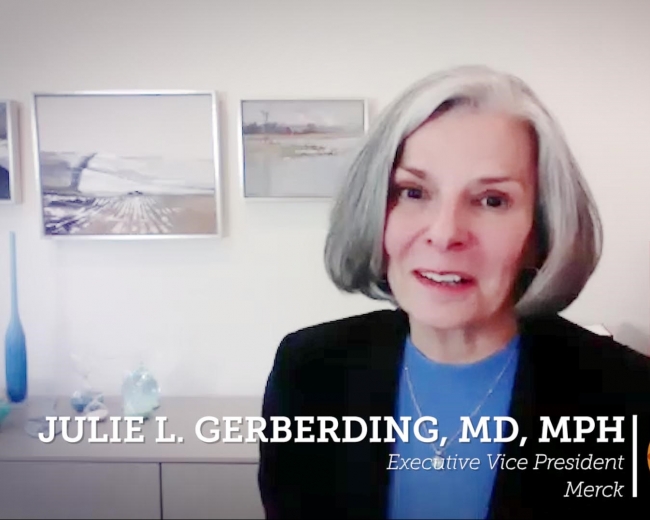
Episode 4: Applying Lessons Learned from COVID-19 to Prevent Influenza Pandemics
Alan Bernstein, Julie Gerberding, Edward Holmes, Mike Osterholm, Lynda Stuart, and Holden Thorp consider what COVID-19 can teach us about pandemic preparedness, vaccine development, and public health policy.
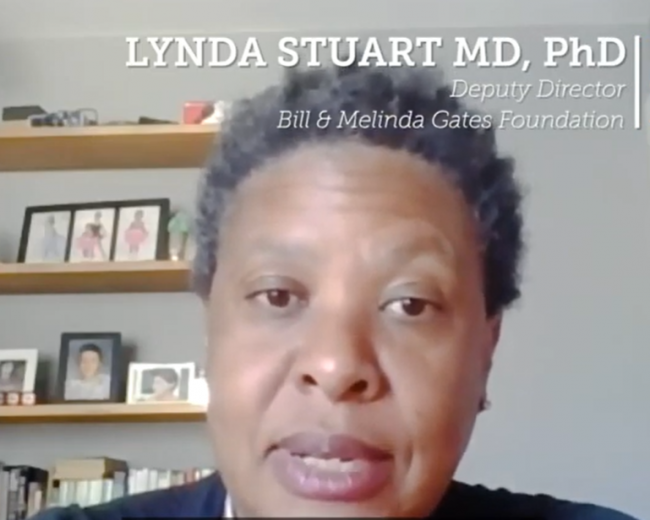
Episode 3: Now is the Time to Protect the World from Influenza
Astonishing progress toward successful COVID-19 vaccines has built momentum to conquer infectious disease threats. In our latest video, infectious disease experts Harvey Fineberg, Julie Gerberding, Edward Holmes, Michael Osterholm and Lynda Stuart say a full-court press for a universal influenza vaccine should be next.
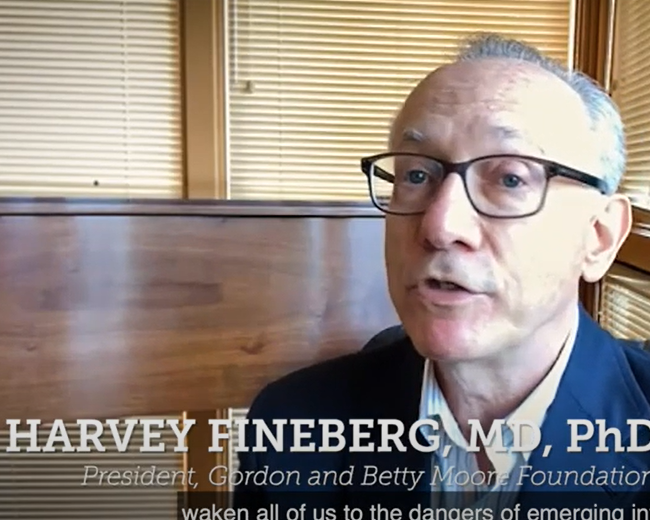
Episode 2: In the Age of Emerging Pandemics, Influenza is the Devil We Know
Pandemic expert Harvey Fineberg hopes COVID-19 is the wake-up call the world needs to prevent the next pandemic. How can we learn from COVID-19 in a future some have described as an “age of pandemics,” during which outbreaks will become increasingly frequent? We zero in on the pathogen we know best: influenza.
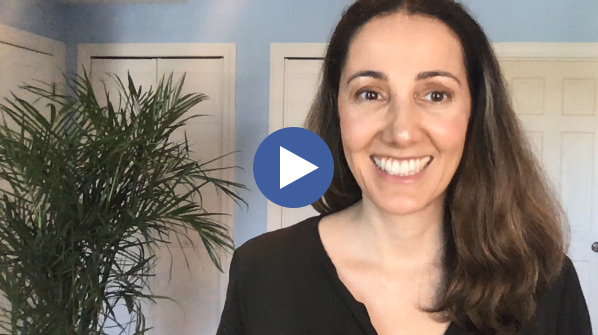
Episode 1: To Beat the Next Pandemic, Sustain and Grow Incentives for Collaborative Innovation
Pardis Sabeti shares her insights around the phenomenal scientific and technical response to COVID-19, demonstrating the power of collaborative research and pointing the way to protecting the world from future pandemics. Blog by Stacey Knobler, Senior Director of Influenza Vaccine Innovation at the Sabin Vaccine Institute.
